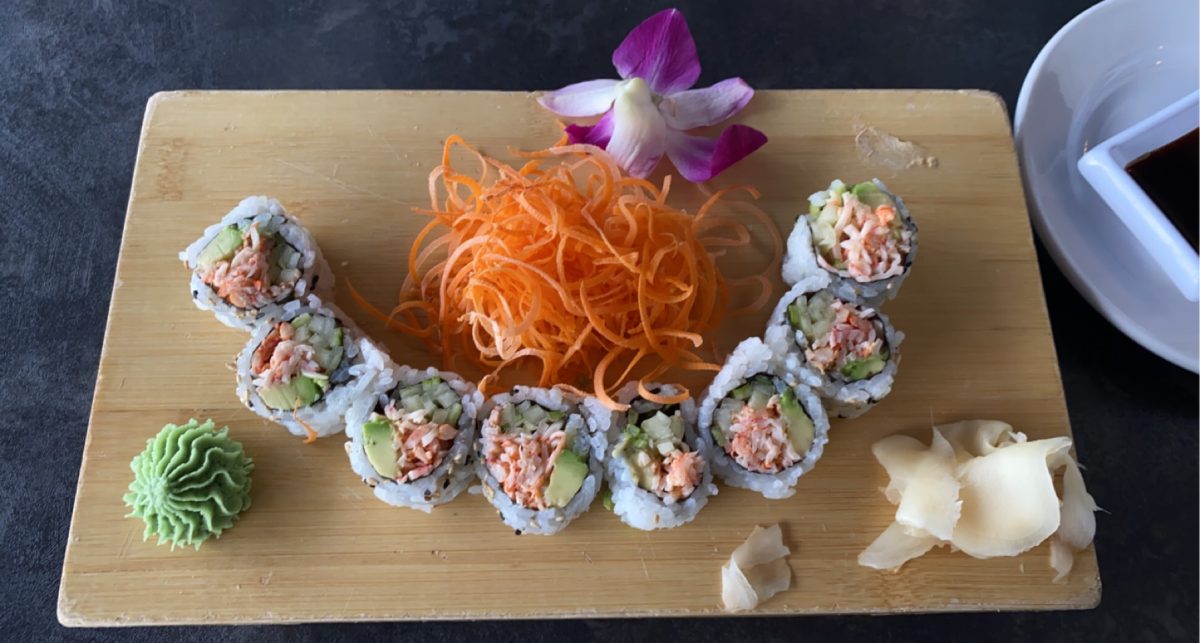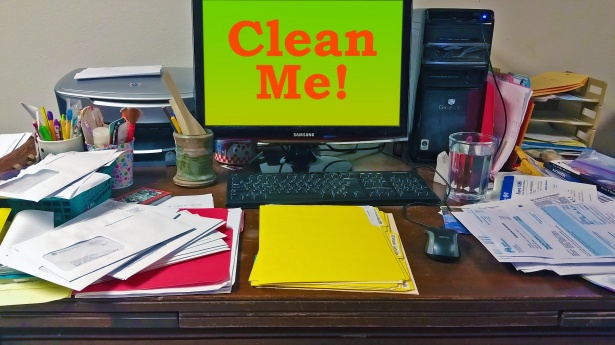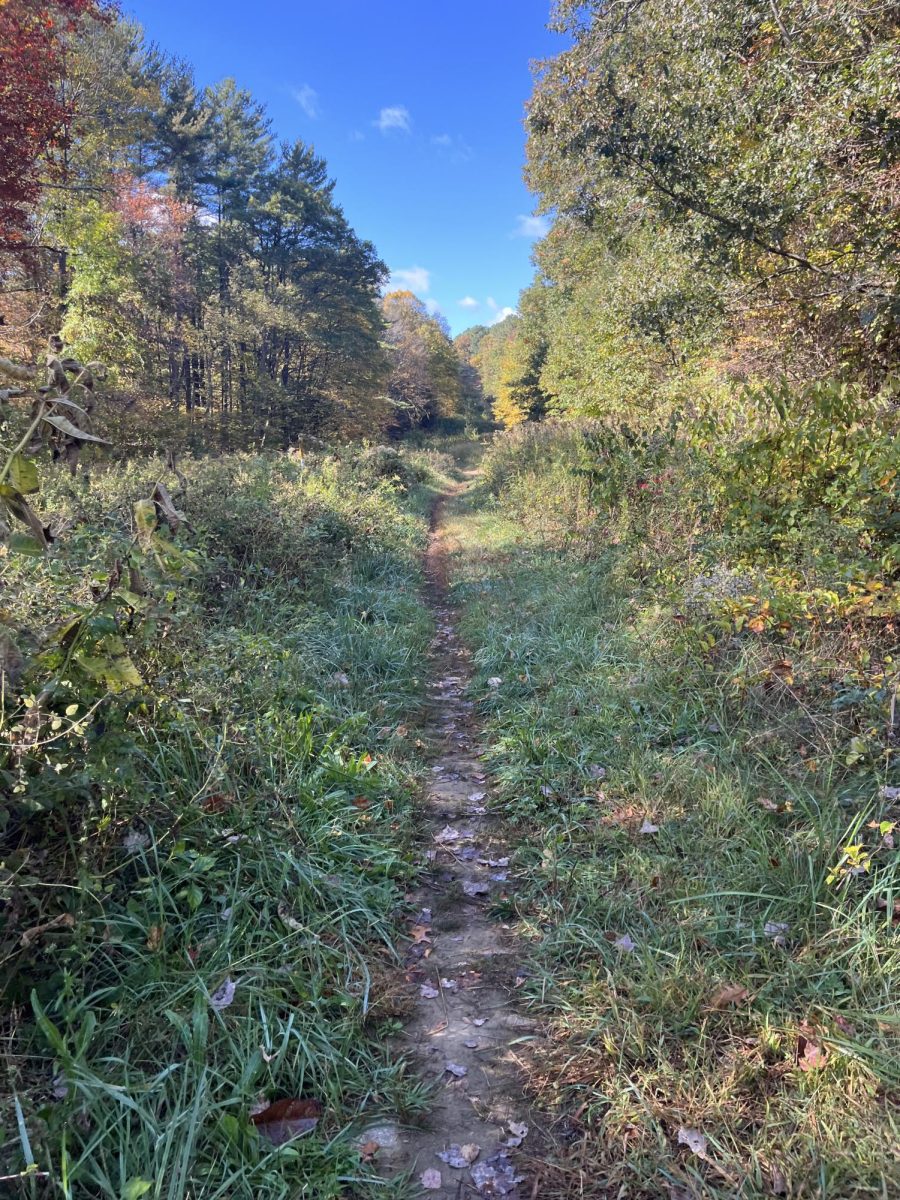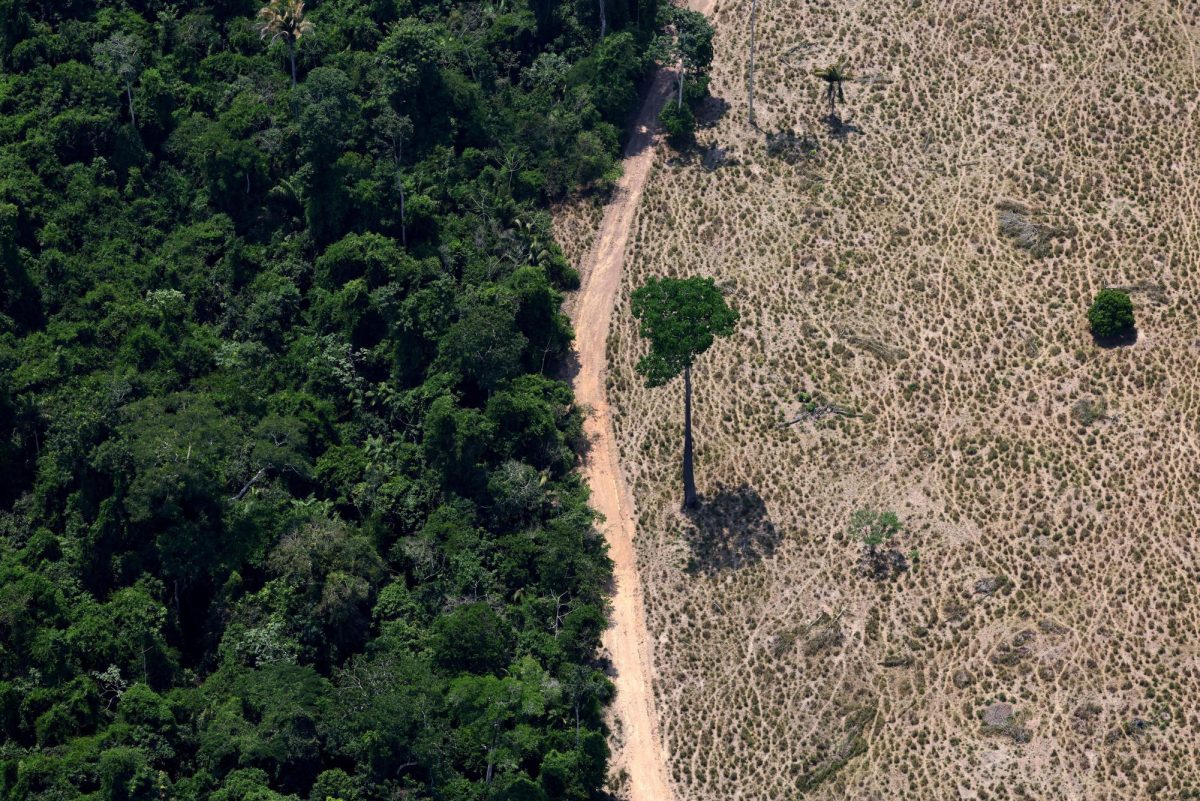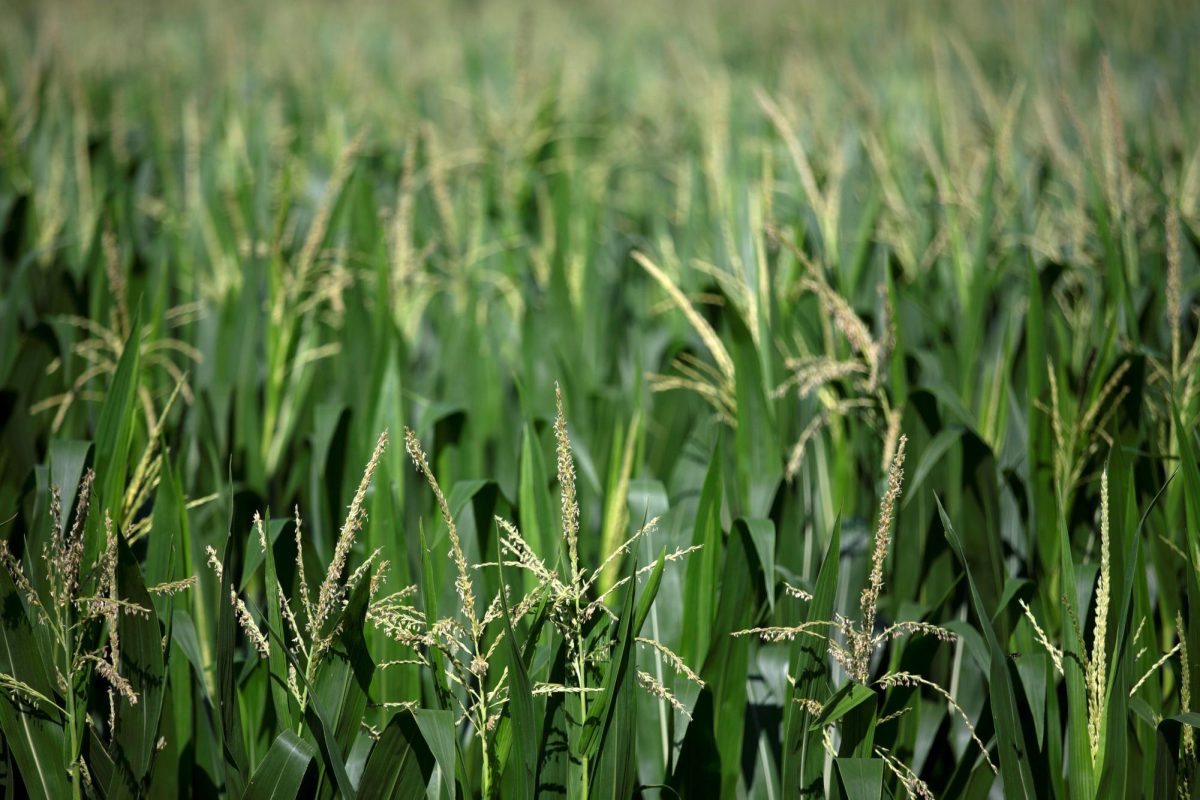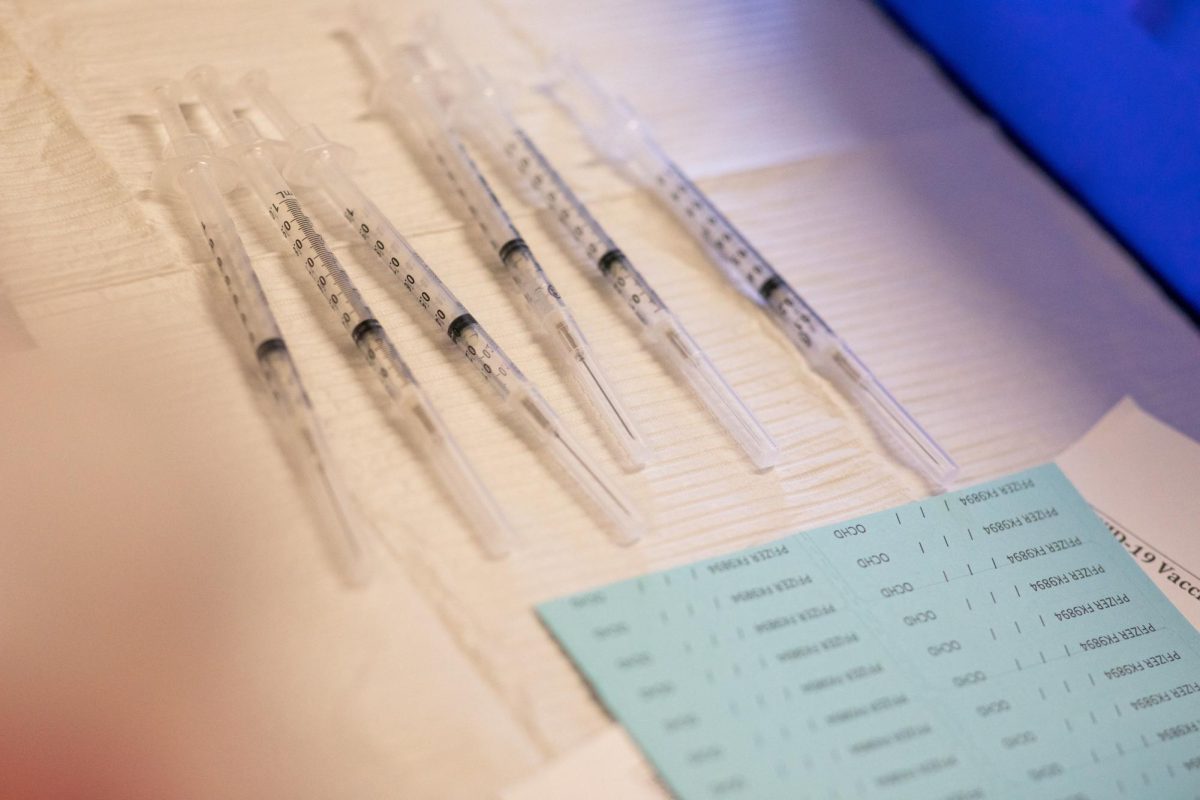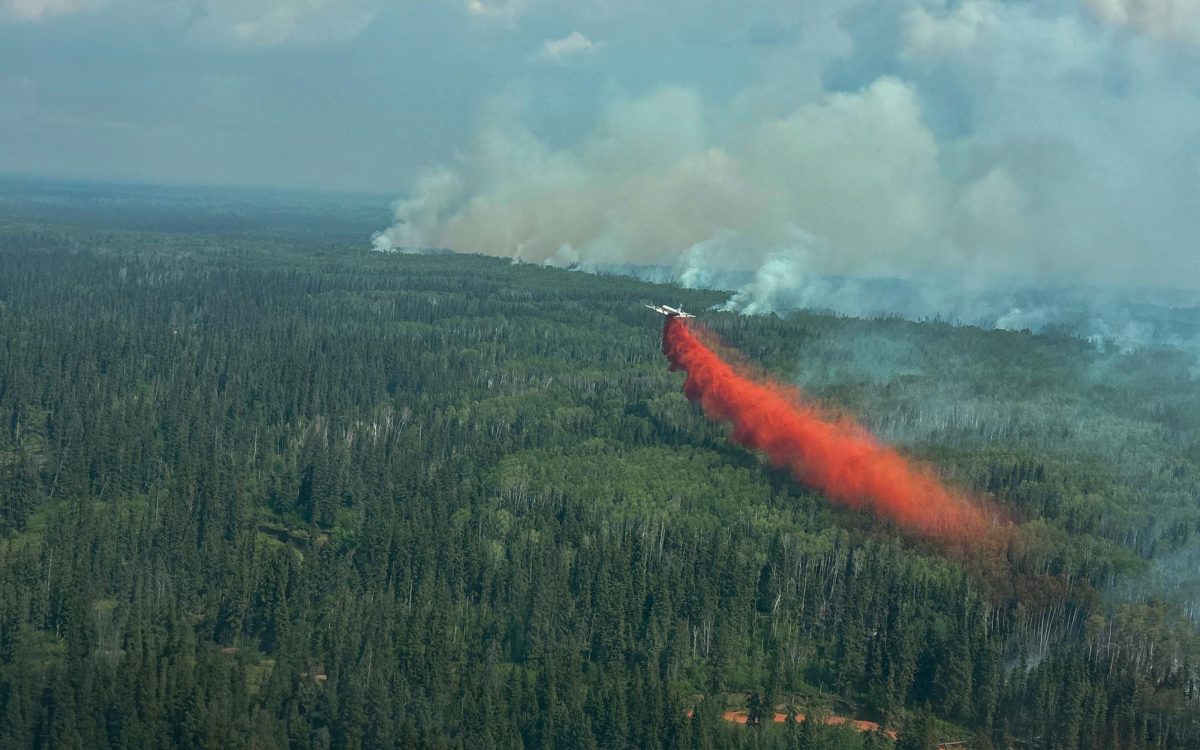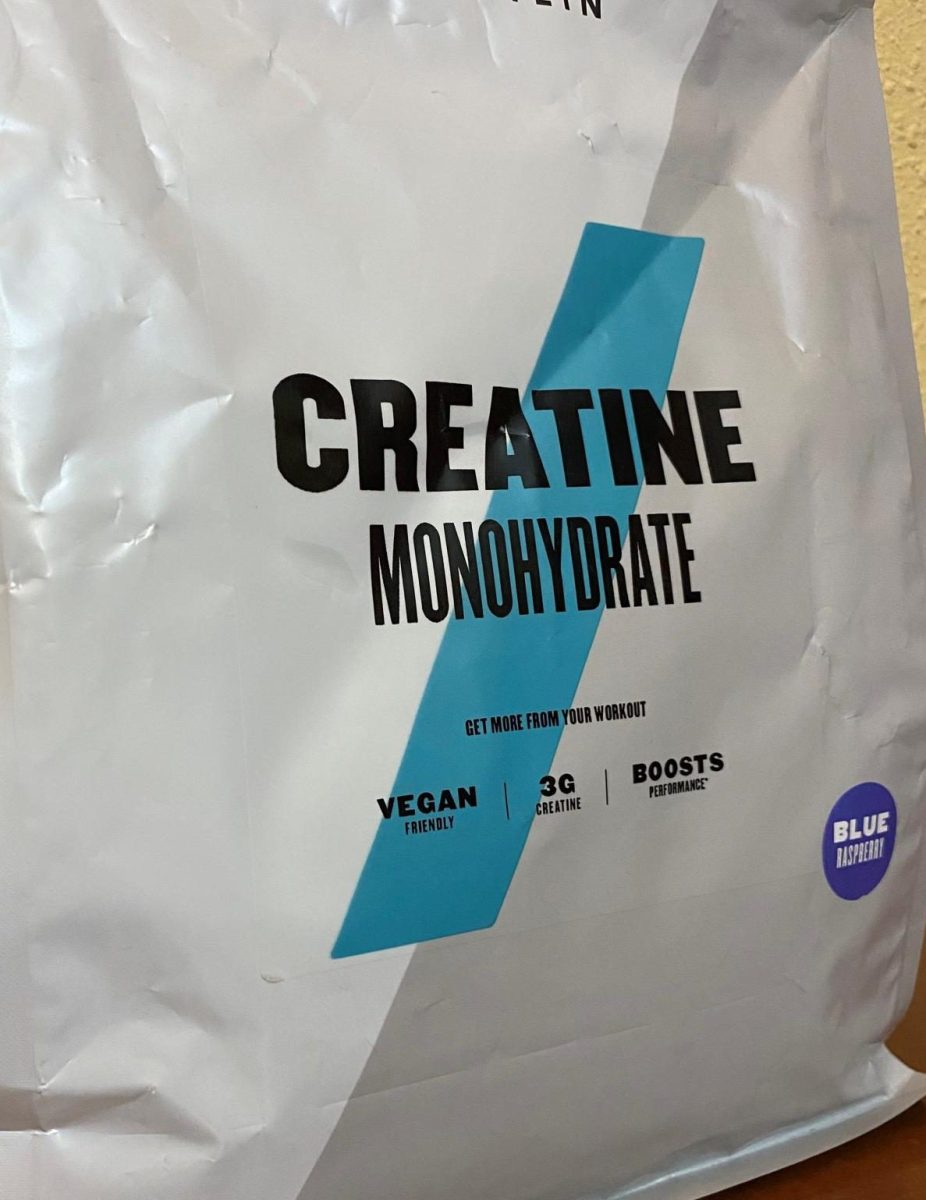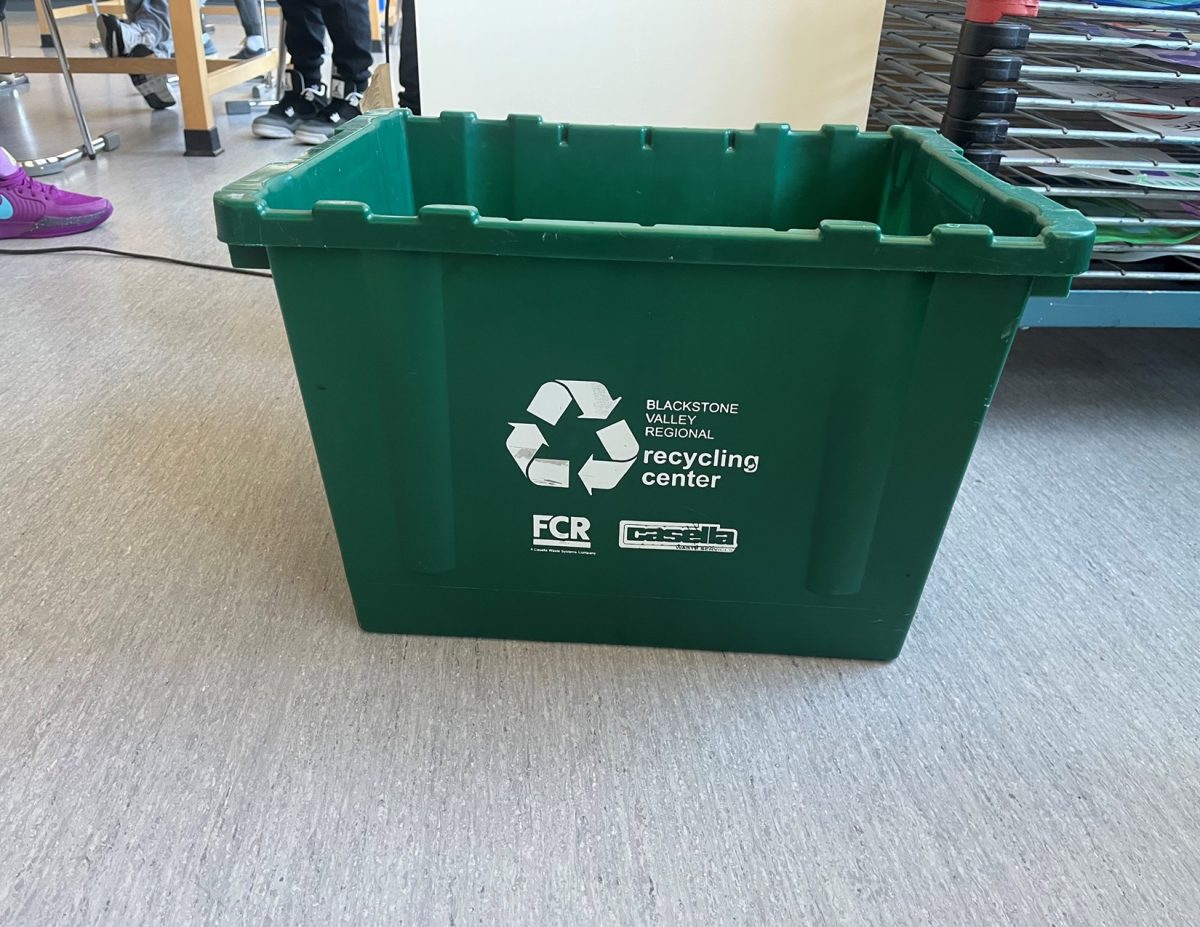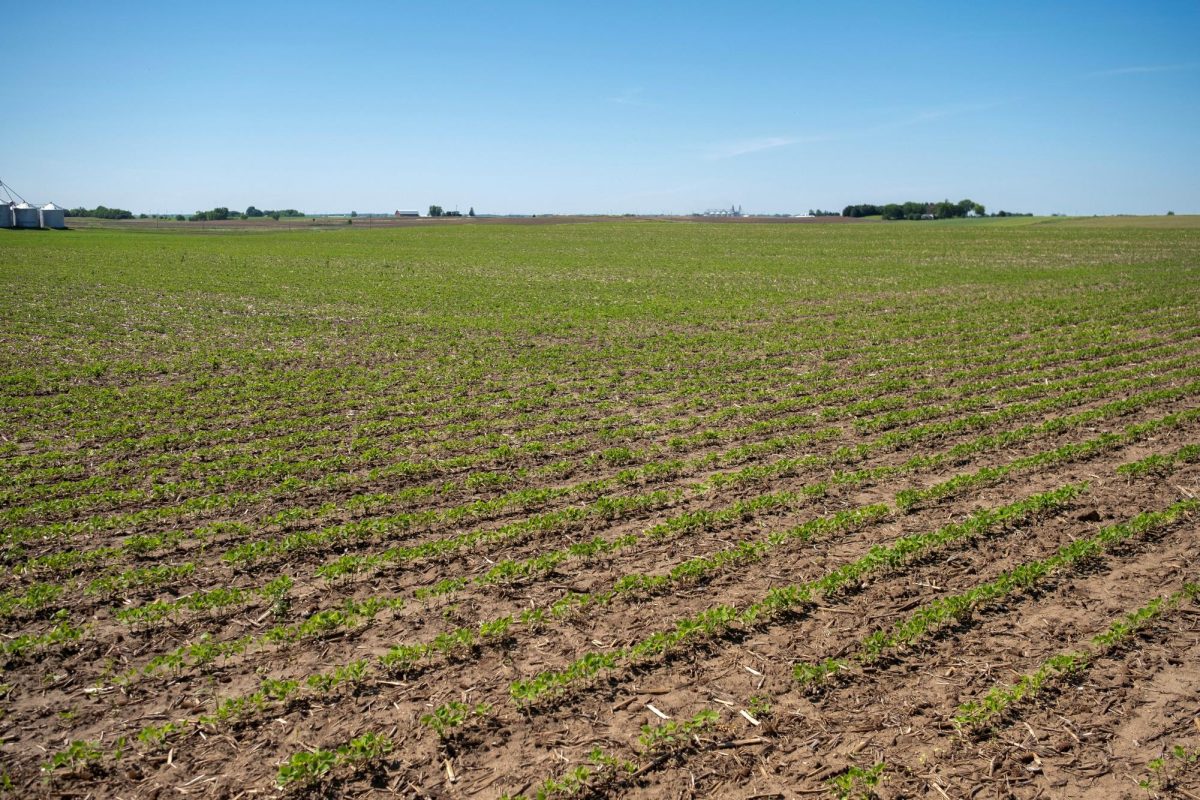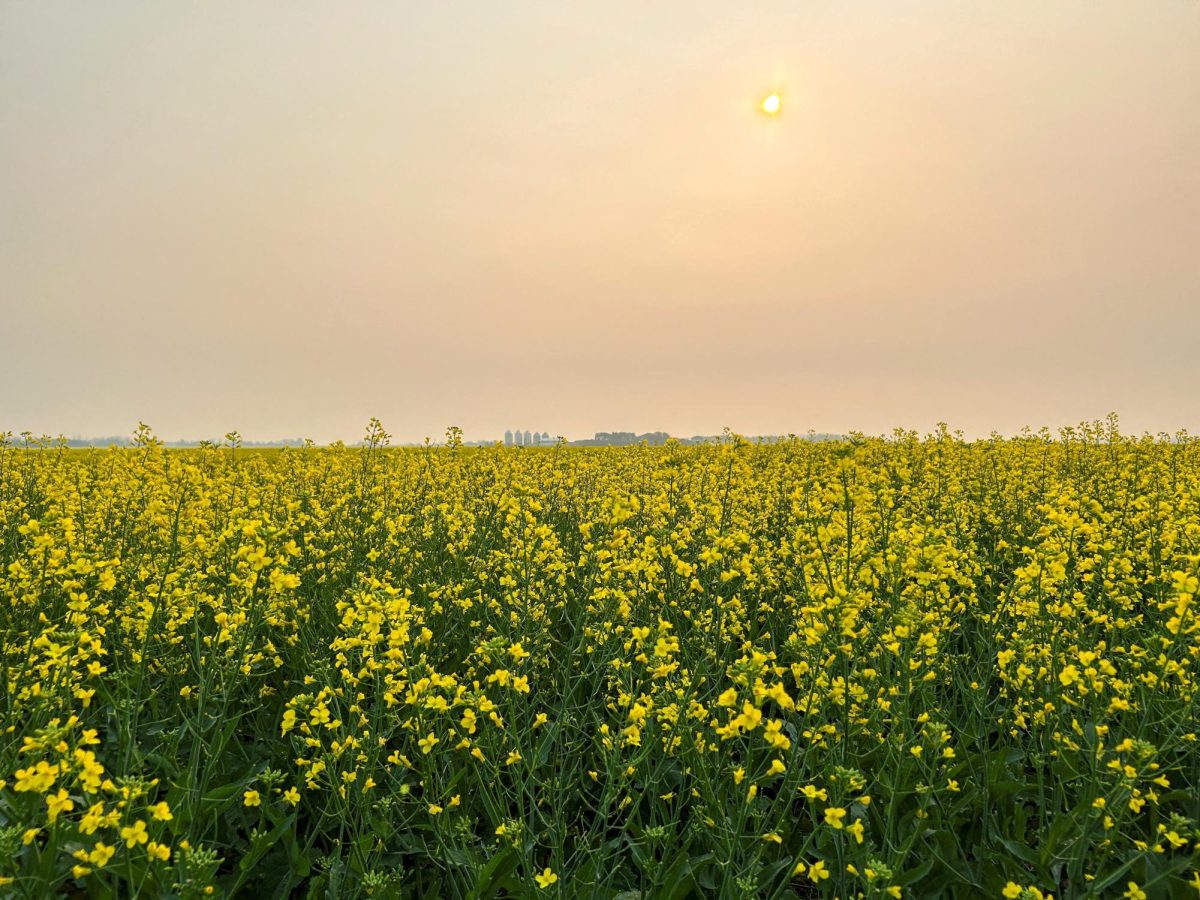As climate change increasingly becomes an issue, more solutions are needed. One way to deal with climate change is to reduce, reuse, and recycle. It may seem like an overused solution, but it can make a difference if you do it correctly.
The first step is to reduce the amount of waste you produce.
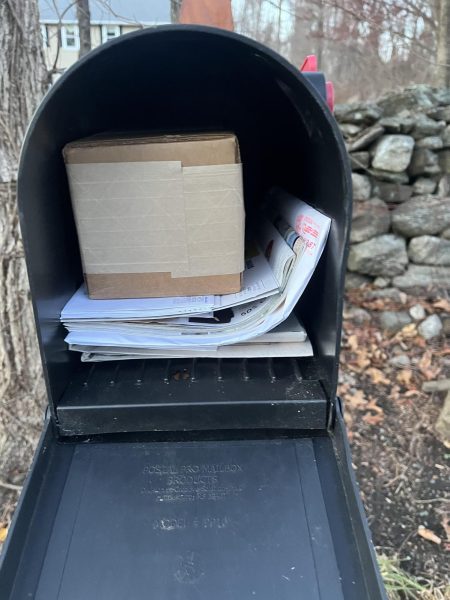
You can limit this by canceling mail subscriptions you don’t use to reduce paper use. More than 100 million trees are cut down each year to produce this mail. You can stop receiving this by registering on the National Do Not Mail List which will leave you with way less junk mail. Doing this saves paper and limits the energy it takes for the mail to get there.
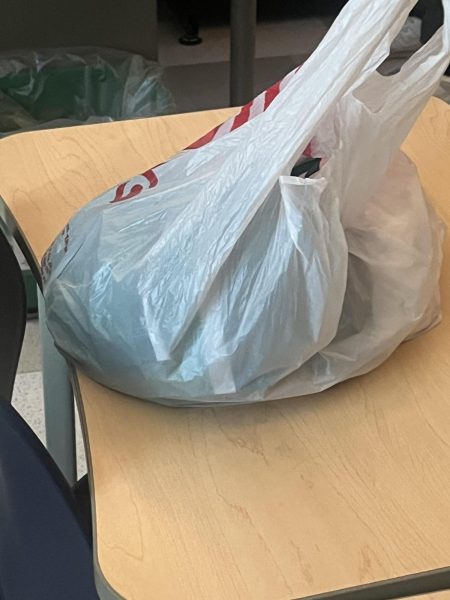
Using reusable rather than single-use is a great way to reduce your waste. Americans use over 100 billion plastic bags each year and only 3% is recycled! Reusable bags may seem like an unnecessary cost, but these plastic bags end up in oceans and harm marine life. Plastic bags kill over 100,000 marine animals each year. There are so many plastic bags in the ocean that there are now plastic bags in the deepest part of the ocean and on the remote shores of Antarctica. 15% of paper bags are recycled, but this is less of an issue due to its materials being made from recycled objects. Using reusable bags will help cut down on waste production and reduce our carbon footprint. You can even order reusable produce bags
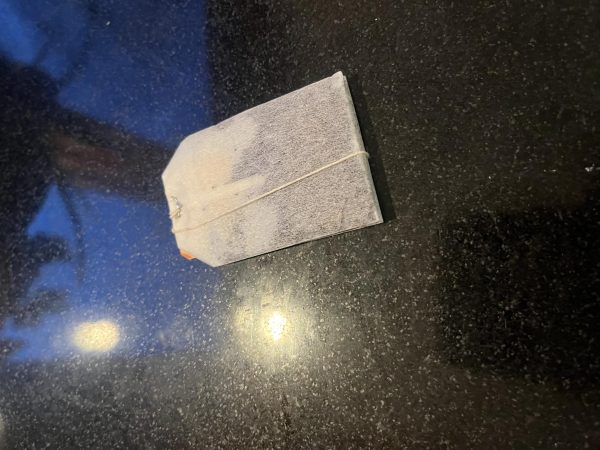
But grocery bags aren’t the only bags harming the environment. When you are drinking your favorite tea you probably don’t think of the environmental impact the bag made, but believe it or not, the tea bag has a huge carbon footprint. The packaging is made from single-use plastics and non-recyclable materials. As for the bag itself, most tea bags have plastic to keep them sealed shut. Not only is this bad for the environment, but now your tea has plastic soaking in it. There are two things you can do to avoid this. You can look for brands that are good for the environment or use loose-leaf tea. Loose-leaf tea eliminates the need for excessive packaging or tea bags.
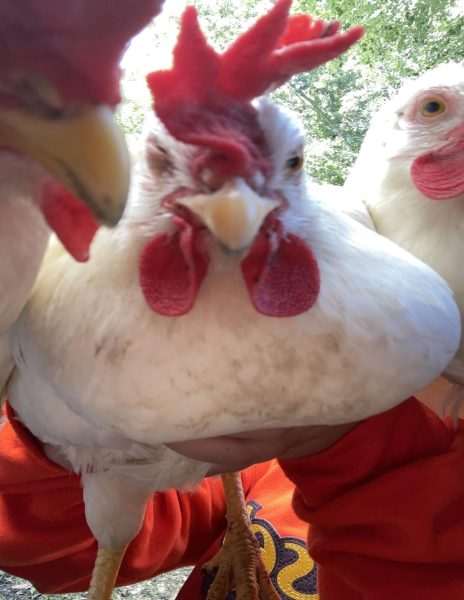
Another way to limit waste is to compost. Composting helps your plants grow healthier and faster. But mainly, it limits food being left in landfills which is a waste of food and money. Compost provides nutrients for the soil making it easier to grow fruits and vegetables so instead of wasting the food you buy at the grocery store, you can grow your own and waste less. Composting also helps to reduce greenhouse gas emissions that affect climate change. If you have chickens, you can feed them a lot of your food scraps. Next time you have vegetable scraps, coffee grounds, egg shells, grass clippings, or used tea, don’t let it go to waste!
Reducing your waste doesn’t have to be a huge lifestyle change; you just have to be more mindful of what you use. This small change can save the environment and your money!










